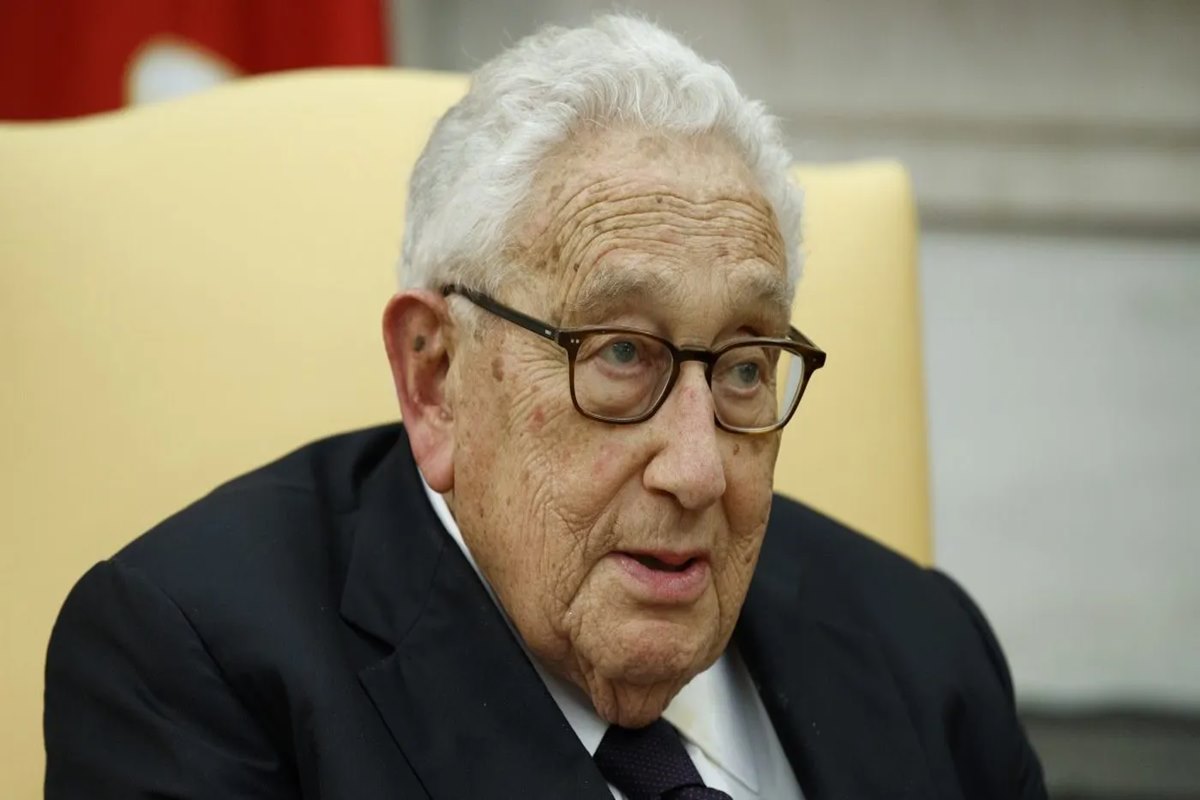Heat like ‘literal hell’ sends thousands to hospital in Pakistan
The heat gripped the South Asian country for a fourth day and was likely to last for another week, government climate change chief Romina Alam said.
Explore the declassified documents revealing Henry Kissinger’s covert strategic maneuvers during the 1971 Indo-Pak War, reshaping Cold War dynamics in South Asia.

Declassified documents from the archives of the United States government have uncovered the pivotal role played by Henry Kissinger, then the National Security Advisor, in shaping the geopolitical landscape during the 1971 Indo-Pak War. The documents, made public after decades of secrecy, reveal a complex web of diplomatic maneuvers and strategic calculations undertaken by Kissinger that had a profound impact on the conflict between India and Pakistan.
Kissinger, a key architect of U.S. foreign policy during the Cold War era, had a deep involvement in managing the delicate balance of power in South Asia during the crisis. The Indo-Pak War of 1971, marked by the creation of Bangladesh, was a significant turning point in the region’s history. The declassified materials expose Kissinger’s efforts to navigate the intricate web of alliances and interests, including his attempts to maintain a delicate balance between supporting Pakistan and avoiding a direct confrontation with India.
One of the key revelations is Kissinger’s engagement in back-channel diplomacy with leaders from both India and Pakistan. These communications, previously undisclosed, shed light on the intricacies of U.S. involvement in the conflict, with Kissinger working to prevent the situation from escalating into a wider regional or global conflict.
Advertisement
Furthermore, the documents suggest that Kissinger played a role in influencing the Nixon administration’s stance on the crisis. As the war unfolded, the U.S. faced the challenge of balancing its support for Pakistan, a Cold War ally, while also managing its relationships with other nations, especially India, which was not in alignment with either the U.S. or the Soviet Union.
Historians and experts on international relations are now reevaluating the events of 1971 in light of this newfound information. The declassified documents provide a fresh perspective on the complexities and nuances of Cold War diplomacy and the strategic thinking of Henry Kissinger during a critical moment in South Asian history.
The revelation is expected to stimulate discussions on the ethics and consequences of the United States’ role in the Indo-Pak War of 1971 and its impact on the subsequent geopolitical dynamics in the region. As scholars and policymakers delve deeper into these newly available records, the world awaits a more comprehensive understanding of the events that unfolded behind closed doors during this pivotal period.
Advertisement